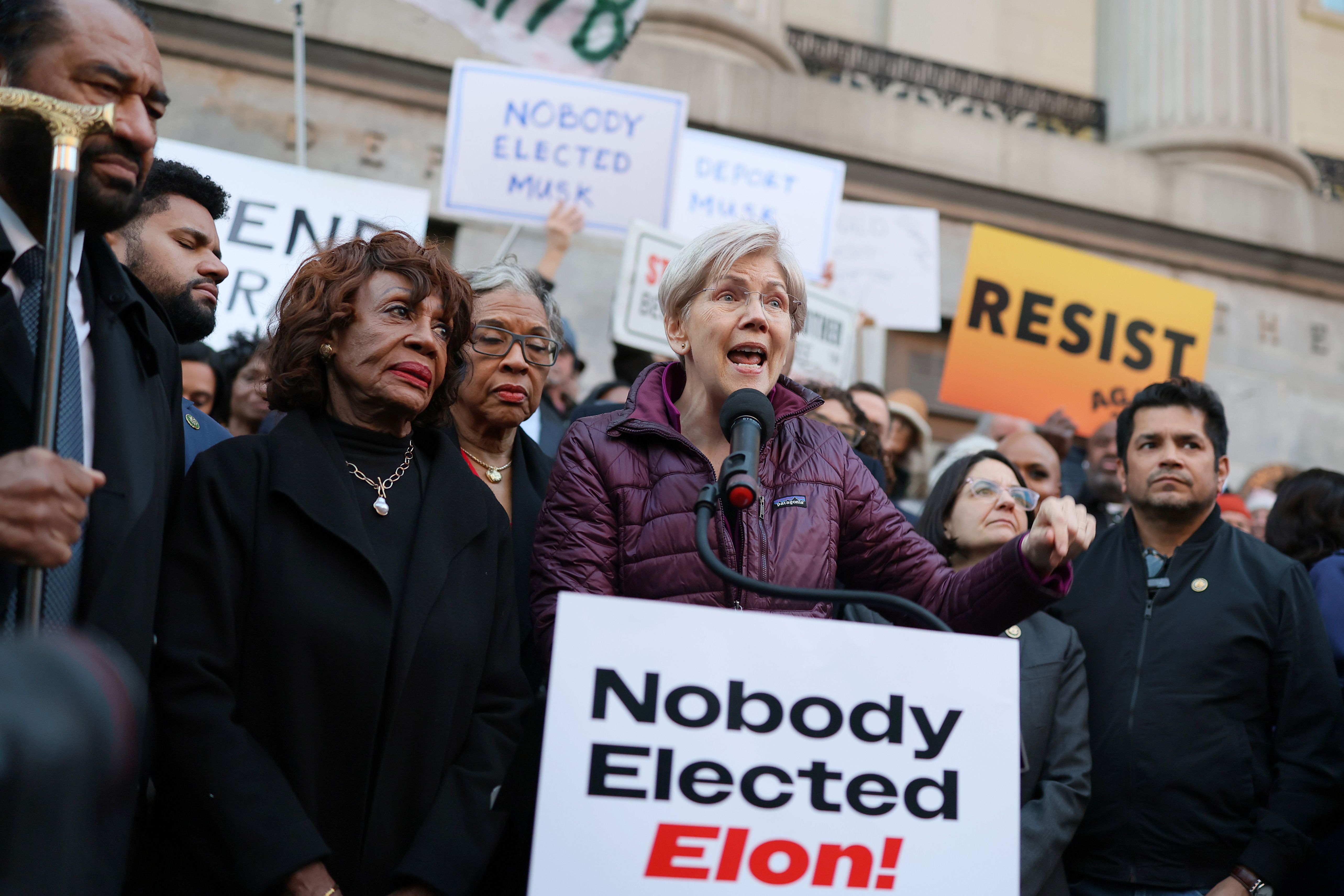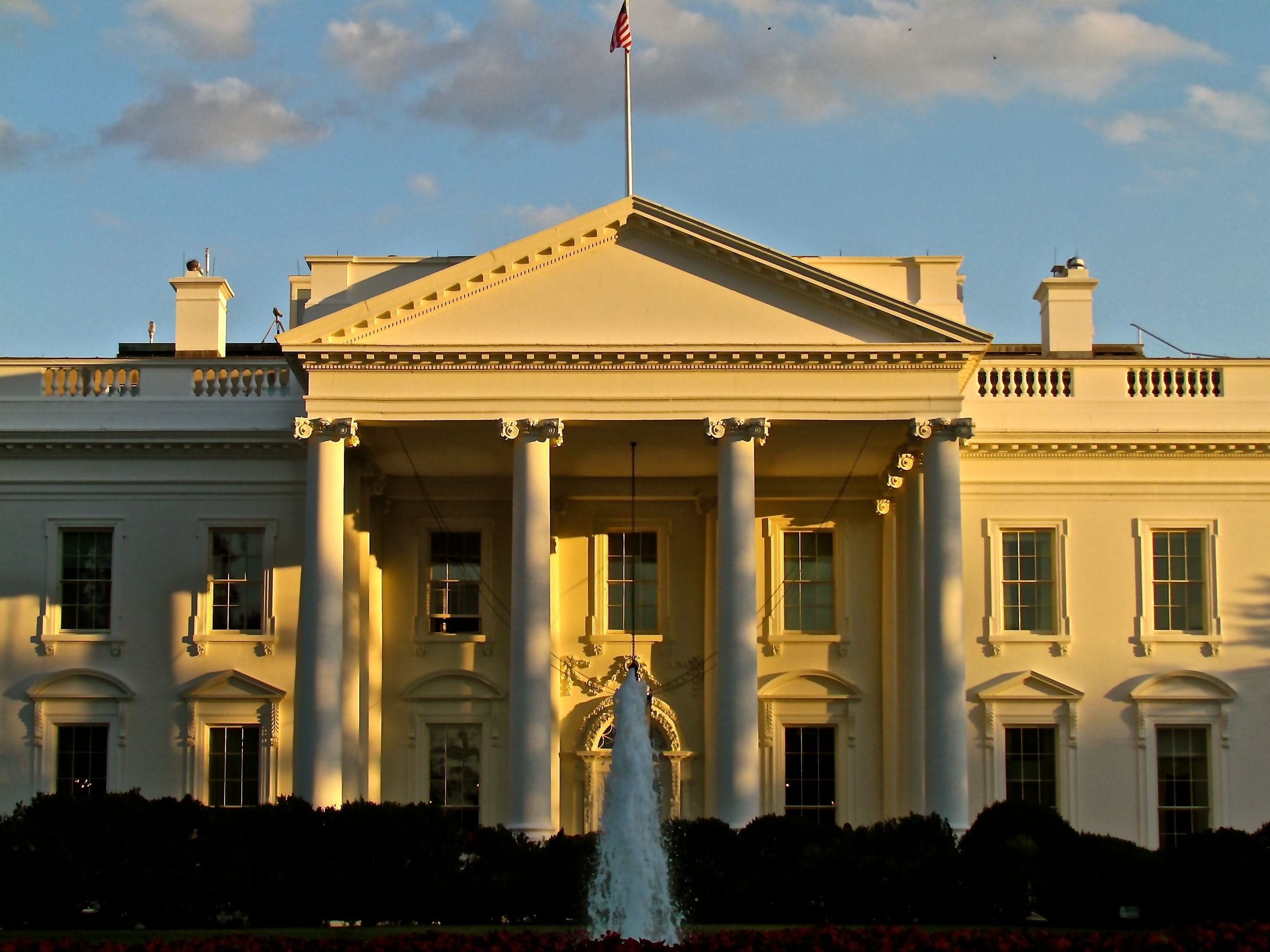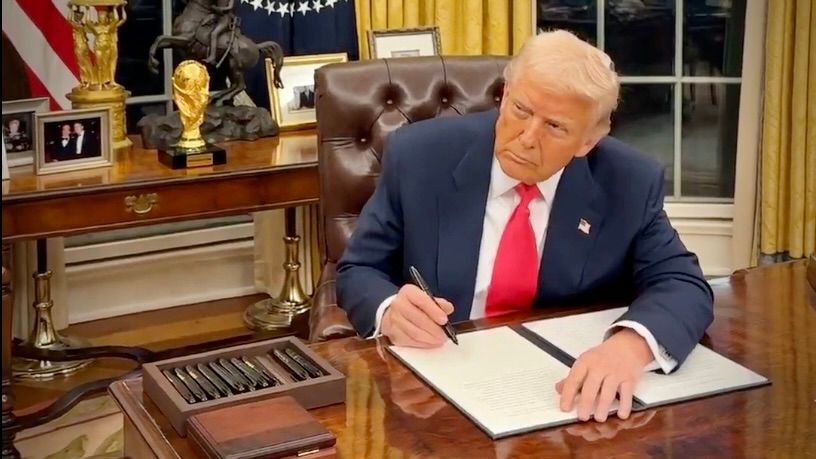The Crypto Industry’s Banking Dilemma: New Hope on the Horizon
The crypto industry has long been plagued by a complex relationship with the US banking system. However, recent developments suggest that two more agencies, the Office of the Comptroller of the Currency (OCC) and the Consumer Financial Protection Bureau (CFPB), may be on the cusp of embracing digital assets.
A New Era at the OCC
The OCC, one of the primary US banking regulators, is likely to adopt a more crypto-friendly stance under the leadership of newly appointed Acting Comptroller of the Currency, Rodney Hood. As the former chairman of the National Credit Union Administration, Hood has expressed his enthusiasm for cryptocurrency, stating, "Cryptocurrency needs to be a part of the credit union system. If you don’t have it, it’s going to hurt your ability to compete with other financial services providers."
This shift in perspective could lead to a reevaluation of the OCC’s 2021 guidance on banks’ involvement in digital assets. The agency’s initial stance was that banks should not engage in crypto-related activities without explicit approval from their regulators, which many saw as overly restrictive. With Hood at the helm, the OCC may be more open to a more permissive approach.
FDIC’s New Leadership and the Path Forward
The Federal Deposit Insurance Corporation (FDIC) has also seen a change in leadership, with Acting FDIC Chief Travis Hill ordering a comprehensive review of supervisory communications with banks seeking to offer crypto-related products or services. This move aims to create a clearer path for banks to engage with digital assets.
The removal of the Securities and Exchange Commission’s (SEC) crypto accounting policy, which added additional capital requirements for banks handling crypto for clients, may also contribute to a more favorable environment for digital assets.
CFPB’s Uncertain Future
The CFPB, established in the wake of the 2008 global financial crisis, has been a thorn in the side of the crypto industry. The agency’s aggressive stance on consumer protection has led to clashes with crypto companies, including Coinbase, which has been a frequent subject of consumer complaints logged on the agency’s database.
However, the CFPB’s very existence is under threat, with the Trump administration’s appointment of Acting Director Russ Vought, a long-time critic of the agency. Vought’s actions have effectively shut down the agency’s operations, leaving its future uncertain.
Industry Reactions and the Road Ahead
The crypto industry has responded to these developments with a mix of optimism and skepticism. Coinbase CEO Brian Armstrong, for instance, has expressed his support for the changes, stating that the CFPB "should be deleted" due to its perceived overreach.
Senator Elizabeth Warren, the top Democrat on the Senate Banking Committee, and Representative Maxine Waters, her counterpart in the House Financial Services Committee, have criticized the administration’s efforts to dismantle the CFPB, labeling it a "payoff to the rich guys who invested in his campaign and who want to cheat families."
Conclusion
The crypto industry’s banking dilemma is slowly coming to a close, with the OCC and FDIC showing signs of embracing digital assets. However, the CFPB’s uncertain future remains a source of concern. As the industry navigates this new landscape, it’s essential for stakeholders to stay informed and adapt to the changing regulatory environment.
FAQs
Q: What is the current state of the crypto industry’s relationship with US banking?
A: The relationship is complex and has been marked by regulatory challenges and restrictions.
Q: How might the OCC’s new leadership impact the crypto industry?
A: The appointment of Acting Comptroller of the Currency Rodney Hood, a crypto-friendly leader, may lead to a more permissive approach to digital assets.
Q: What is the future of the CFPB?
A: The agency’s existence is under threat, with the Trump administration’s appointment of Acting Director Russ Vought effectively shutting down its operations.
Q: How might the FDIC’s new leadership impact the crypto industry?
A: Acting FDIC Chief Travis Hill’s review of supervisory communications with banks seeking to offer crypto-related products or services may create a clearer path for banks to engage with digital assets.
Q: What is the significance of the SEC’s crypto accounting policy?
A: The policy’s removal may contribute to a more favorable environment for digital assets, as it reduces the additional capital requirements for banks handling crypto for clients.










